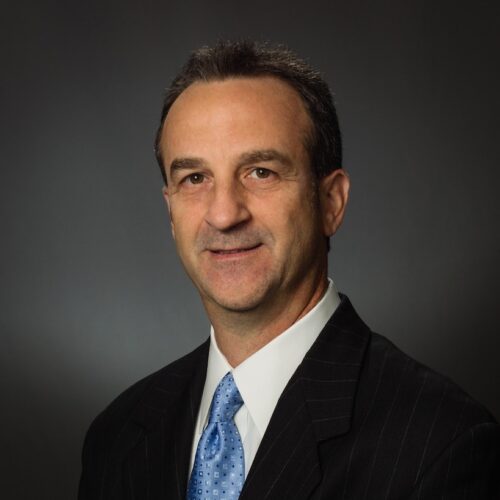The following quote may be attributed to Alliance Defending Freedom Senior Counsel David Cortman regarding the U.S. Supreme Court’s unanimous decision Monday in Susan B. Anthony List v. Driehaus, a case involving the right of a pro-life organization to challenge an Ohio law that silenced the group’s ability to speak out about an elected official’s position on Obamacare:
“The First Amendment forbids government from acting as a ‘truth commission’ on matters of public debate. The U.S. Supreme Court has rightfully upheld the freedom of Americans to speak in accordance with their views by allowing them to challenge laws that silence them. The Susan B. Anthony List’s warnings about abortion funding in Obamacare were objectively true. If that fact was part of what cost this congressman his job, that’s because his constituents, like most Americans, reject taxpayer-funded abortion.”
Alliance Defending Freedom is an alliance-building, non-profit legal organization that advocates for the right of people to freely live out their faith.
# # # | Ref. 32559
Major points from U.S. Supreme Court’s decision
- The Supreme Court reversed and remanded the U.S. Court of Appeals for the 6th Circuit’s decision and held that Susan B. Anthony List’s claims were ripe. It also held that SBA List had standing because the threatened enforcement of the Ohio law through criminal penalties was enough to deter current and future exercise of its First Amendment speech rights.
- The court found that when such a threat is present, a petitioner does not have to first expose himself to actual arrest or prosecution in order to challenge the law.
- The court noted the threat was substantial here since the commission already found probable cause to believe that SBA List’s speech violated the false statement statute the first time around.
- Under the Ohio statute, a complaint can be filed with the Ohio Elections Commission by any person who has knowledge of the purported violation. Accordingly, there is a real risk of complaints from political opponents who are trying to manipulate the campaign process by purposefully diverting their opponent’s resources and time in the crucial days leading up to the election.
- Denying prompt judicial review would force SBA List and other similarly situated groups or persons to choose between not engaging in political speech or engaging in political speech and risking costly commission proceedings and criminal prosecution.
- Now the lower court will have to address the merits of SBA List’s argument: whether the Ohio false statement statute violates the First Amendment by chilling or threatening SBA List’s ability to engage in political speech.


